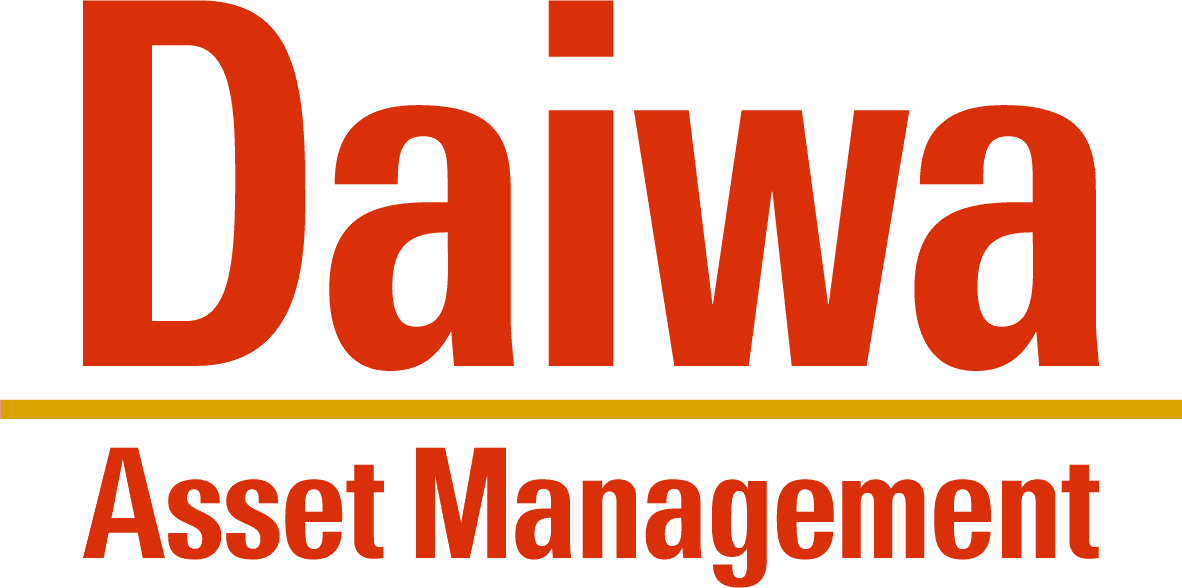After falling to their lowest level last year (in Wall Street Horizon’s eight years of data), the total number of announced global corporate buybacks has been improving throughout 2024. Higher borrowing costs and recession fears have a tendency to lead US corporations to hoard cash rather than allocate it to stock repurchase programs, which have been popular in the last decade. However, as the Fed begins to lower interest rates and the economy remains strong, certain companies are starting to spend again.
Heading for $1 Trillion with a Capital T
In 2023, only 617 companies announced buybacks, and that was after only 649 announced in 2022, as compared to 1,319 companies doing so in 2021 and 947 in 2020, despite the disruption caused by the COVID-19 pandemic. The large amount of buyback announcements in 2021 led to a total of $922B in repurchased stock for S&P 500® companies in 2022, an all-time high. That fell to $795B in 2023.1
With the Federal Reserve cutting interest rates by a half point two weeks ago, buyback activity is likely to pick up, and continue the upward trend seen thus far in 2024. Goldman Sachs predicts the total to reach $925B this year, surpassing the 2022 record, and moving on to cross the trillion dollar mark in 2025.2
Thus far in the first three quarters of this year, we have recorded 565 buyback announcements for global, publicly traded companies. This is compared to 440 in the first three quarters of last year, and the 5-year average of 715.

Source: Wall Street Horizon
An Age Old Debate: Are Buybacks Good or Bad?
As interest rates fall, holding onto cash tends to become less attractive to corporations who want to deploy and put it to work. Typically, buybacks are a good thing for shareholders as well, as they artificially improve earnings per share of a company, if not actually improving earnings. Share repurchases come under fire for this reason as well, with many arguing that companies could have put the money to better use by investing it back into the company. Investors tend to prefer companies that are buying back shares while also investing in growth. A great example is the mega tech names, many of which are the largest buyers of their own stock, but also tend to invest heavily in research and development and AI, among other things.
The Bottom-Line
With the Q3 earnings season set to kick-off next Friday, October 11 with reports from the big banks, investors will want to keep an eye on buyback announcements. An increase in share repurchases would signal that corporate America is willing to part with cash once again, which could have good implications for the US economy.
—
Originally Posted October 3, 2024 – Are Buybacks Back? 2024 Showing Improvement After Hitting a Low Last Year
1 S&P 500 Q4 2023 Buybacks Increase 18.0% Compared to Q3, S&P Dow Jones Indicies, Mar 18, 2024, https://www.prnewswire.com
2 US Stock Buybacks to Hit $1 Trillion in 2025, Goldman Says, March 7, 2024, https://www.bloomberg.com
Disclosure: Interactive Brokers Third Party
Information posted on IBKR Campus that is provided by third-parties does NOT constitute a recommendation that you should contract for the services of that third party. Third-party participants who contribute to IBKR Campus are independent of Interactive Brokers and Interactive Brokers does not make any representations or warranties concerning the services offered, their past or future performance, or the accuracy of the information provided by the third party. Past performance is no guarantee of future results.
This material is from Wall Street Horizon and is being posted with its permission. The views expressed in this material are solely those of the author and/or Wall Street Horizon and Interactive Brokers is not endorsing or recommending any investment or trading discussed in the material. This material is not and should not be construed as an offer to buy or sell any security. It should not be construed as research or investment advice or a recommendation to buy, sell or hold any security or commodity. This material does not and is not intended to take into account the particular financial conditions, investment objectives or requirements of individual customers. Before acting on this material, you should consider whether it is suitable for your particular circumstances and, as necessary, seek professional advice.





















Join The Conversation
For specific platform feedback and suggestions, please submit it directly to our team using these instructions.
If you have an account-specific question or concern, please reach out to Client Services.
We encourage you to look through our FAQs before posting. Your question may already be covered!